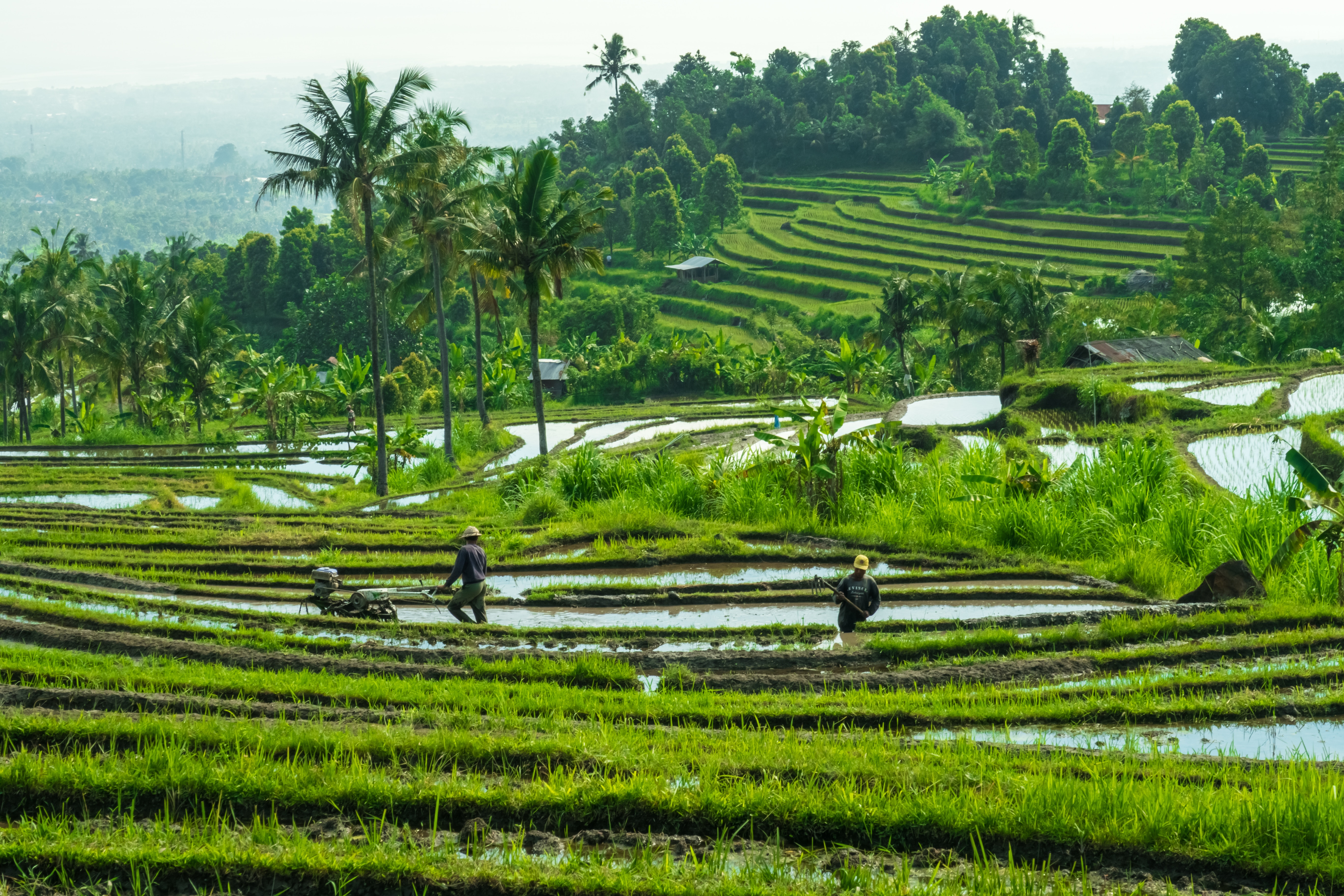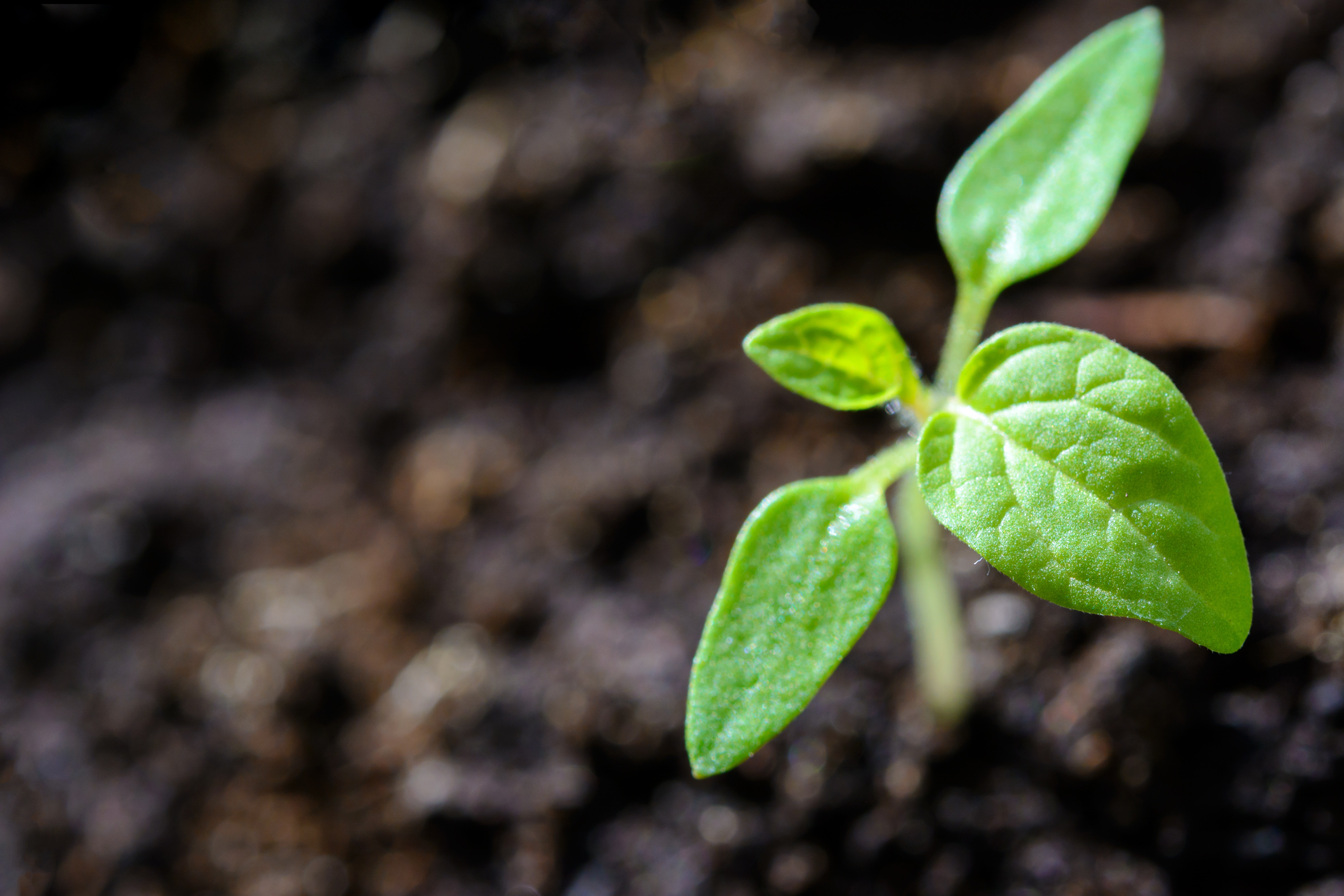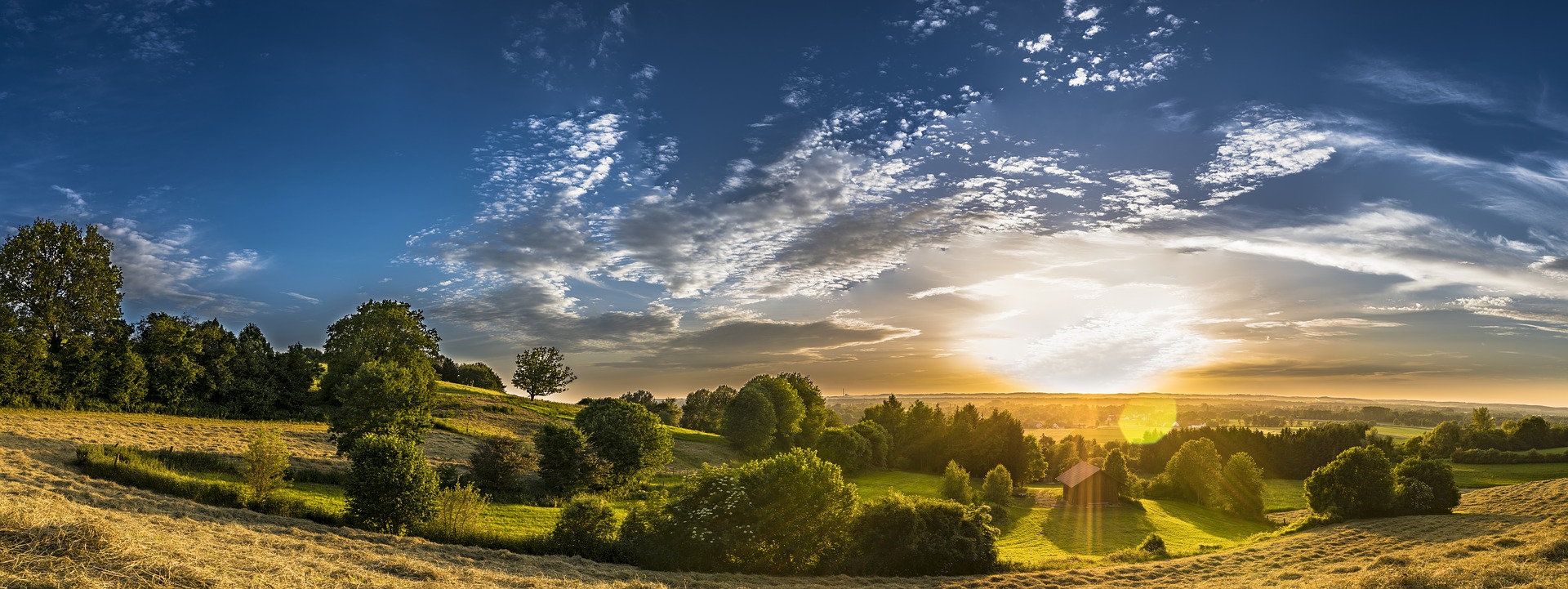New Market Planned to Pay Farmers for Soil Carbon, Water Quality
General Mills, ADM, Cargill, McDonald’s, and The Nature Conservancy are among 10 companies and nonprofit organizations that are forming a national market by 2022 to incentivize the adoption of farming practices that build soil carbon and improve water conservation.
Talks for the Ecosystem Services Market Consortium were convened two years ago by the Nobel Research Institute, which has committed over $2 million to the endeavor with additional support from the General Mills Foundation, Walton Family Foundation, and McKnight Foundations. The aim of the venture is to develop protocols and a market framework to issue greenhouse gas reduction credits to farmers who adopt conservation practices.
The market will work in two ways. First, farmers will receive credits for the amount of carbon they sequester in the soil or water quality they improve, giving farmers a new and potentially significant income stream; companies can then buy those credits to meet their climate or water goals.




